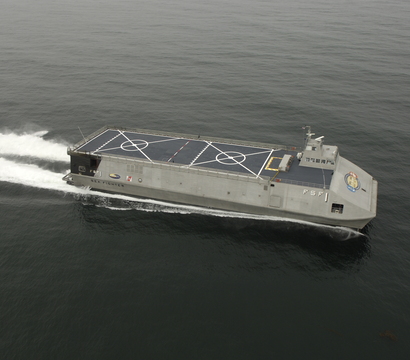
Design of safety management systems
We support the safety of your resources, including setting safety requirements, identifying hazards, assessing risks, ensuring compliance, and providing assurance through the production of safety case artefacts.
We develop and apply safety management approaches under a range of safety regulations, policies, and guidance, across high-hazard domains. Our approach to safety management follows the four-stage cycle. We can ensure cost-effective and pragmatic compliance to rules, standards, and legislation.
The importance of safety is recognised by all but the sheer complexity of a platform or other resources, the number of stakeholders involved, and complex regulatory regimes and underpinning processes can all undermine your confidence in the safety of a design or a design change to a platform.

Developing safety policy, standards and regulations for the organisation, direction, and implementation of safety management in teams, organisations, projects, or programmes.
Providing safety audit planning, strategy, audit scope, and analysis of audit provision for teams and projects, including conducting audit visits, documentation assessments and functional safety analysis against defined Standards.
Defining, scoping, supporting, and recording the activities and techniques necessary to identify and analyse safety hazards and the associated risks.
Conducting safety activities for the procurement, transportation, storage, handling, preparation and use of WOME items to meet pan domain policy and regulation.
Management of programmable elements used in safety systems, where software is a contributing factor in the overall functional safety of a system and assuring its adequacy.
An arc flash hazard is a dangerous release of energy caused by an electric arc. These hazards exist when employees are exposed to live electrical conductors or perform routine tasks where electrical equipment is not correctly installed or adequately maintained.
An arc flash hazard analysis is used to determine the risk of personal injury due to exposure to incident energy from an electrical arc flash.
We help you take every reasonable precaution to protect workers in a maritime environment from electrical hazards following workplace health and safety regulations.
We offer unique maritime arc-flash hazard analysis to ensure the risk is assessed and mitigated by recommending solutions that improve safety.
We also design and analyse maritime electrical systems for government and commercial customers.








